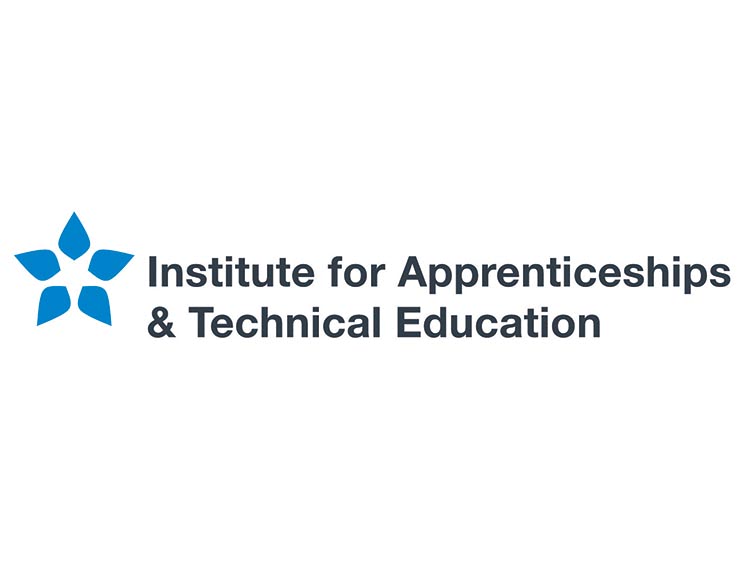Market research executive

KSBs
Knowledge
K1: The role research plays in the business process, such as the target market, consumers (behaviour or attitudes), competitors or the industry as a whole. Back to Duty
K2: How research is used to address business, customer and policy questions, such as information related to products, services or advertising etc. Back to Duty
K3: The principles of Quantitative research and the underlying theories such as sampling, representativeness, statistical theory, data collection and analysis. Back to Duty
K4: The principles of Qualitative research and underlying theories of the social sciences e.g. representativeness, sampling theory analysis methods. Back to Duty
K5: The research methodologies including face to face (f2f), telephone, online, and postal. Back to Duty
K6: Approaches to primary research and the different sources of primary research data. Back to Duty
K7: Approaches to secondary research and how information is sourced and utilised from previously conducted studies. Back to Duty
K8: The principles of research project management such as time management, scheduling, resourcing, costs and budgeting. Back to Duty
K9: Relevant regulatory and legislative requirements such as data protection, GDPR, confidentiality, informed consent and safeguarding, ethics and The Market Research Society Code of Conduct. Back to Duty
K10: Technologies such as digital sources, systems and software, that can help deliver market research, delivery and evaluation. Back to Duty
K11: Technology and software used to provide appropriate representation of data and manipulate them into appropriate formats (tables, graphs and portfolios) for publication. Back to Duty
Skills
S1: Liaise with and manage, clients, stakeholders, internal teams and external suppliers to deliver required outcomes. Back to Duty
S2: Undertake data collection, data analysis, data presentation and data storage including analysis and validation of the outputs from primary or secondary research data sources. Back to Duty
S3: Interpret, prepare and communicate research findings such as presentations, reports, and workshops. Back to Duty
S4: Make evidence-based recommendations from research results. Back to Duty
S5: Use communications skills and techniques such as negotiation, collaboration, problem solving, and decision making. Back to Duty
S6: Interpret research objectives and translate into research design and implementation. Back to Duty
S7: Use digital and IT software packages relevant to the role. Back to Duty
S8: Use research/survey software to gather audience insight and/or evaluation such as SPSS (Statistical Product and Service Solutions). Back to Duty
S9: Select and use appropriate research design techniques. Back to Duty
S10: Evaluate data and research findings to derive insights to support improvements to future research projects. Back to Duty
Behaviours
B1: Works without bias. Back to Duty
B2: Seeks learning opportunities and continuous professional development. Back to Duty
B3: Works collaboratively. Back to Duty
B4: Works ethically recognising participants needs and data privacy. Back to Duty
B5: Works flexibly and adapts to circumstances. Back to Duty
B6: Takes responsibility, shows initiative and is organised. Back to Duty












Responses